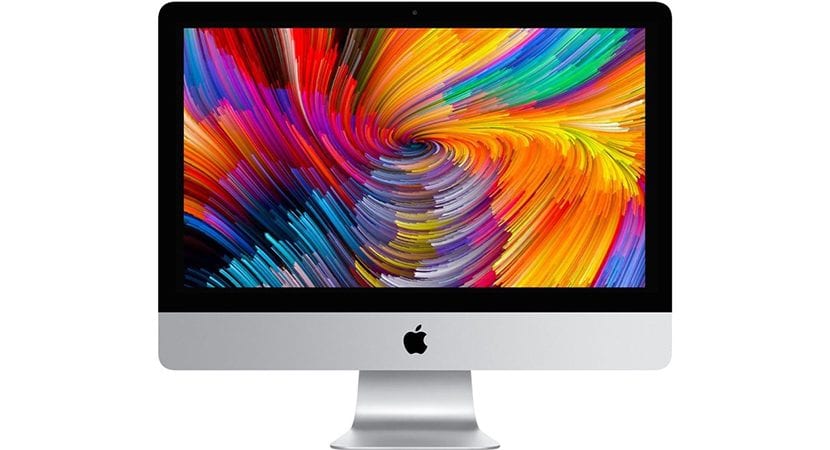
Five years ago, Apple pulled the Fusion Drive out of its sleeve, in the iMac and Mac Mini, which was nothing more than placing an SSD and a mechanical hard drive to work together but that in our system always appears as a single unit. It is the system that is in charge of knowing which hard drive to use at all times, although as expected, the SSD is mainly used for the operating system and applications and the mechanical hard disk is reserved for storage tasks. This system has been left out of the new APFS file system at first, but it will do so for a short time since according to Craig Federighi they are already working to offer support to this type of unit.
The guys from Cupertino announced this limitation on their support page, signing that the Fusion Drive units would not be converted to the new file system at least in the first versions of macOS High Sierra, but it was not until yesterday when Apple's Chief Engineer , Craig Federighi has spoken about it, which give more credibility to this option that if we find it on a support page.
Federighi has confirmed this future update in an email sent to a MacRumors reader in which we can read "Yes, we plan to add support in a future update." The first beta of macOS High Sierra launched in June, beta that did include support for Fusion Drive converting the file system of iMac and Mac Mini to APFS, but in the following betas it was completely eliminated, including the version that currently already macOS High Sierra can be downloaded from the Mac App Store, probably due to the stability issues and bugs that had been reported.